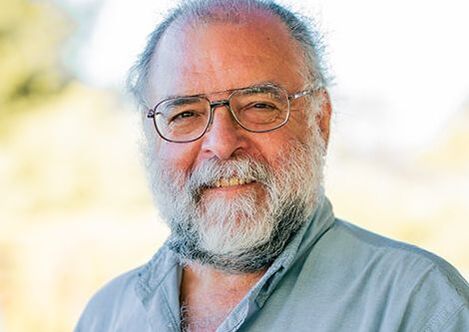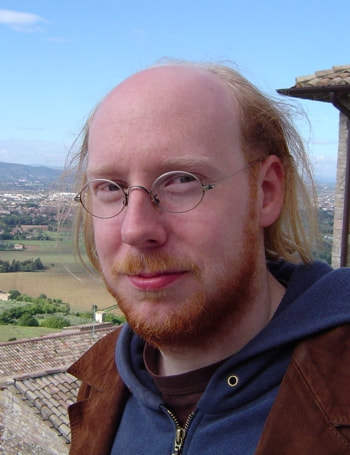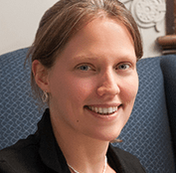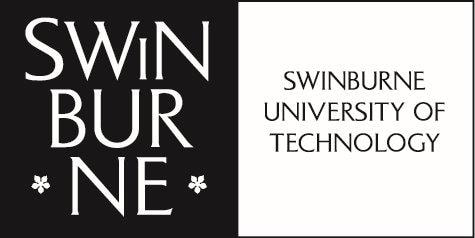The role of the OzGrav Scientific Advisory Committee (SAC) is to provide the Centre with independent scientific expertise, advice, and experience from established national centres and leading international laboratories regarding the OzGrav Research Program.
|
Prof Stanley Whitcomb
Chair, OzGrav Scientific Advisory Committee Stanley is an American physicist and was the Chief Scientist at the Laser Interferometer Gravitational-Wave Observatory (LIGO) project when the first direct detection of gravitational waves was made in September 2015. In 2002 Whitcomb was elected a fellow of the American Physical Society (APS). He was elected as a Fellow of the The Optical Society (OSA) in 2012. He has received several awards, including jointly with Barry Barish the Henry Draper Medal in 2017. |
|
Dr Jocelyn Read
Assistant Professor of Physics, California State University Dr Read is a Canadian physicist and associate professor of physics known for her research on gravitational waves and neutron stars. She is a member of the LIGO Scientific Collaboration, and is an author of research characterizing the gravitational waves caused by neutron star and black hole collisions, and using the measurements of those waves to provide observational verification of the equations of state of neutron stars. |
|
Professor Stefan Hild
Professor of Experimental Physics, Maastricht University Prof Hild is Professor of Experimental Physics at the Faculty of Science and Engineering of Maastricht University. He previously worked at the Max Planck Institute for Gravitational Physics (Albert Einstein Institute), the University of Birmingham and the University of Glasgow. He is the project leader of the ET pathfinder project and has contributed many ideas and designs to the Einstein Telescope. Hild has been active in gravitational wave research for the past 20 years and he has been part of the international team which discovered gravitational waves from two colliding black holes in 2015 |
|
Dr Stuart Anderson
Research Manager - LIGO, California Institute of Technology Dr Anderson used the Arecibo radio telescope to reveal that globular clusters contained vast numbers of radio pulsars including a relativistic binary pulsar that closely resembled the Hulse-Taylor pulsar as part of his PhD from Caltech. Since then he has been one of the key players in establishing and maintaining the clusters and pipelines that have discovered gravitational waves. |
|
Dr Selma E de Mink
Scientific director, Max Planck Institute for Astrophysics, Germany. Dr de Mink is an astrophysicist and expert in the progenitors of gravitational waves. De Mink’s work has been recognized with the award of an ERC starting grant (2017), the MERAC prize in theoretical astrophysics (2017), the Pastoor Schmeitsprijs (2019) and member of the Young Dutch Academy of Sciences. |
|
Prof Matthew Evans
MIT and LIGO Professor Evans' research is focused on gravitational wave detector instrument science, aimed at improving the sensitivity in existing detectors and designing future detectors. In addition to his work on the Advanced LIGO detectors in Hanford, WA and Livingston, LA, in the labs at MIT Professor Evans explores the physical processes that set fundamental limits on the sensitivity of future gravitational wave detectors |















